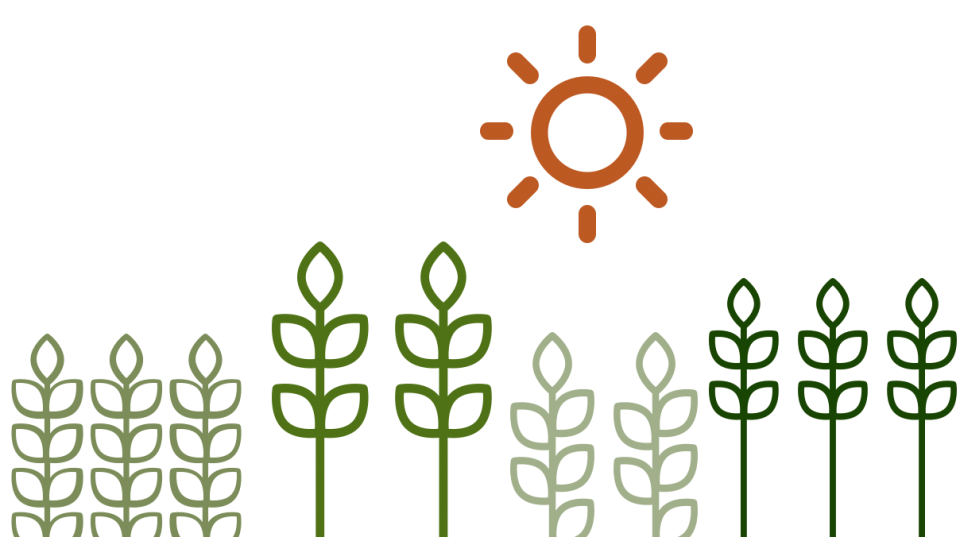Overview
This project aimed to build reliable fruit supply chains for both domestic and export markets, using jackfruit as a representative model.
In the southern Philippines, tropical fruits such as durian, jackfruit and pomelo are valuable crops that offer smallholders the potential to generate income. Previous work (HORT/2007/067/2) identified that nursery hygiene, integrated pest and disease control, integrated crop management, and value adding and processing hinder the development of these industries. Similar issues affect the development of these industries in Australia.
This project had a holistic approach with work on nursery and disease management (nursery hygiene, use of plant defence activators, rootstock disease resistance), production (flower induction, crop load and nutrition management, identification of superior genetics and examining the role of trellising on yield and improved typhoon/cyclone resilience) and processing.
Outputs included systems for producing disease-free nursery stock; potassium phosphonate for managing disease; improved stock-scion combinations; and better management technologies to control and extend the fruiting season and processing options for jackfruit. The research could improve livelihoods of smallholder tropical fruit farmers in the southern Philippines and help develop new industries in tropical Australia.
Project outcomes
The primary objectives of this project were multifaceted and included investigation into integrated disease management solutions, investigation of crop management options to improve yield and fruit quality and improved processing options.
The project showed that nursery hygiene practices do have an impact on disease introduction and spread in the nursery, which is potentially transferred to the field. The pathogen Phytophthora was commonly found in potting media, irrigation water and surfaces in nurseries. The introduction of soilless and sterilised potting media, clean water, rock beds and raised benches, quarantine entry points are all ways of improving nursery hygiene and tree health.
In orchards, disease management was investigated via the use of the plant defence regulator potassium phosphonate. Although the chemical is well proven to assist in the management of Phytophthora in a range of tropical fruits (avocado, papaya, pepper, pineapples, jackfruit and durian), the challenges in complying with registration in the Philippines currently inhibits uptake of the technology. Fertiliser trial results suggested that higher rates of fertiliser in conjunction with organic amendments can increase tree productivity. Investigation of interspecies rootstock scion combinations to improve tree disease resistance and productivity was a core component of the project.
The project also demonstrated that a range of novel processed products for jackfruit with market potential can be produced. The current range of products developed by the processing team at Visayas State University include dehydrated and vacuum fried product.




